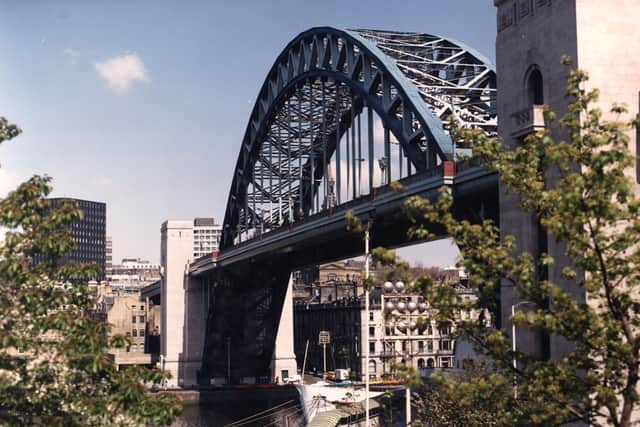Where did ‘Geordie’ come from? Five theories on the origin of the Newcastle name
and live on Freeview channel 276
Have you ever wondered where the term ‘Geordie’ came from?
Many of us from the North East have just accepted the label over the years- but do you know the history behind it.
According to the Oxford English Dictionary, a Geordie is “a native or inhabitant of Tyneside or a neighbouring region of the North East.” However, the dictionary also stipulates the term used to refer to miners, boats that transported coal or a sailor from the region.
Advertisement
Hide AdAdvertisement
Hide AdTo Australians and New Zealander’s, a Geordie is in fact a Scot.


But where did it come from?
Well, apparently there’s no clear cut answer.
Below we’ve compiled all of the possibilities and theories. Let us know which you believe to be the answer.
The name was coined in 1745 during the Jacobite Rebellion
The earliest theory is the name was born during the Jacobite Rebellion of 1745, when the Jacobites bypassed Newcastle due to the city favouring the Hanovarian King George and possessing a well-guarded garrison.
The Jacobites are said to have labelled Newcastle and the surrounding areas as “for George,” and Geordie is a derivation of George.
Advertisement
Hide AdAdvertisement
Hide AdIt originated in the coal mines
The name could have originated in the coal mines of Durham and Northumberland instead. The evidence is that many poems and songs written about the two counties speak of the “Geordie.”
As written in the dictionary, Geordie was first used to describe a local pitman or miner in 1876.
Also relating to the mines, the third option is thanks to George Stephenson.
In 1815, Stephenson invented the miners’ lamp, or Geordie safety lamp, which local miners used in preference to Davy lamps used elsewhere. Eventually, this led to the miners being known as Geordies.
Advertisement
Hide AdAdvertisement
Hide AdWas ‘Geordie’ initially used as a sneer?
Before the Geordie lamp was invented, in 1826 George Stephenson gave evidence to a Parliamentary Commission on Railways at which his blunt speech and dialect allegedly drew sneers.
From then, it’s said that Londoners began to call the colliers which carried coal from the Tyne to the Thames, and the men who worked on them, Geordies.
And, finally, did it mean ‘fool’?
Frank Graham, a local writer and publisher, believes the name originally meant ‘fool’.
Its reported first use was in 1823, when a local showman Billy Purvis used it to put down a rival.
Advertisement
Hide AdAdvertisement
Hide AdPurvis is quoted as saying: “Noo yor fair doon feul, not an artificial feul like Billy Purvis! Thous a real Geordie!”
Geordie in this context is said to date back to the reign of King George III who was widely believed to be “insane.”
Comment Guidelines
National World encourages reader discussion on our stories. User feedback, insights and back-and-forth exchanges add a rich layer of context to reporting. Please review our Community Guidelines before commenting.